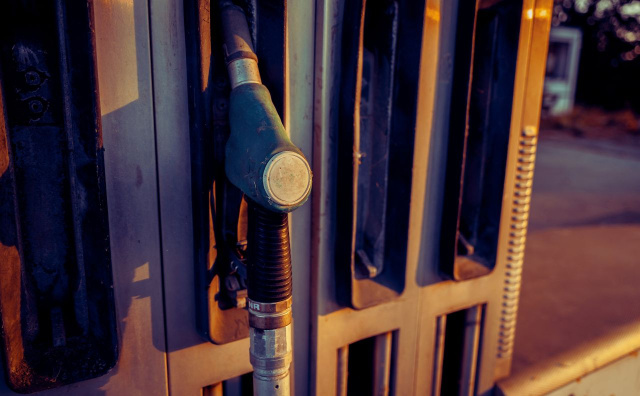
Bulgaria’s Energy Minister Zhecho Stankov has reassured citizens that there is no cause for concern over the nation’s fuel supplies, emphasizing that sufficient reserves are secured to meet domestic demand until the end of the year.
Speaking after a high-level meeting convened by Prime Minister Rosen Zhelyazkov, Stankov said the government has prepared a “clear and structured plan” to address the implications of the recent US sanctions imposed on Russian energy giants Rosneft and Lukoil.
According to Stankov, the government’s response plan will unfold in several phases. The first phase involves detailed inspections and monitoring of Bulgaria’s oil and petroleum reserves, conducted in cooperation with the State Agency for the Storage of Temporary Stocks.
The second phase will include preventive actions and coordination among relevant institutions to ensure the stability of the national fuel supply chain and to mitigate potential disruptions. He called on opposition parties to avoid politicizing the matter and urged the public not to succumb to unnecessary alarm.
“The situation is under control,” Stankov said, adding that Bulgaria has effective mechanisms in place to ensure the continuous operation of the Lukoil Neftochim Burgas refinery, one of the country’s most vital energy facilities.
The Burgas refinery, which plays a central role in Bulgaria’s energy stability, remains fully operational. Stankov confirmed that both the Ministry of Interior and national security services have enhanced monitoring and protective measures around the facility, following a series of recent incidents targeting refineries in other European countries.
Justice Minister Georgi Georgiev also spoke after the meeting, noting that Bulgaria is not facing these challenges alone. “Several European countries are managing similar circumstances,” he said, explaining that Bulgaria is coordinating closely with its EU partners through the European Commission’s coordination group for oil and petroleum products.
Georgiev revealed that additional preventive security measures are already in place, including increased personnel and strengthened risk assessments. The Ministry of Justice, he said, has reviewed the subsidiaries of Lukoil operating in Bulgaria to determine which are directly affected by the new US restrictions and to assess their legal implications.
“The Bulgarian government is actively engaging with US authorities to ensure compliance while safeguarding our energy stability,” Georgiev stated. He stressed that the government’s approach is “pragmatic, coordinated, and focused on maintaining refinery operations without disruption.”
Both ministers reiterated that Bulgaria’s fuel reserves are stable and sufficient for the remainder of the year. Stankov concluded by warning against market speculation, assuring that any attempt to manipulate prices would be swiftly addressed by the state.
The briefing followed the US Treasury Department’s recent announcement of expanded sanctions against Rosneft and Lukoil, prohibiting American companies from conducting business with them and introducing secondary sanctions for foreign entities trading Russian oil.
These measures have prompted Bulgaria to strengthen its contingency plans, reinforcing national and regional cooperation to safeguard fuel supplies, market prices, and overall energy security in the months ahead.
